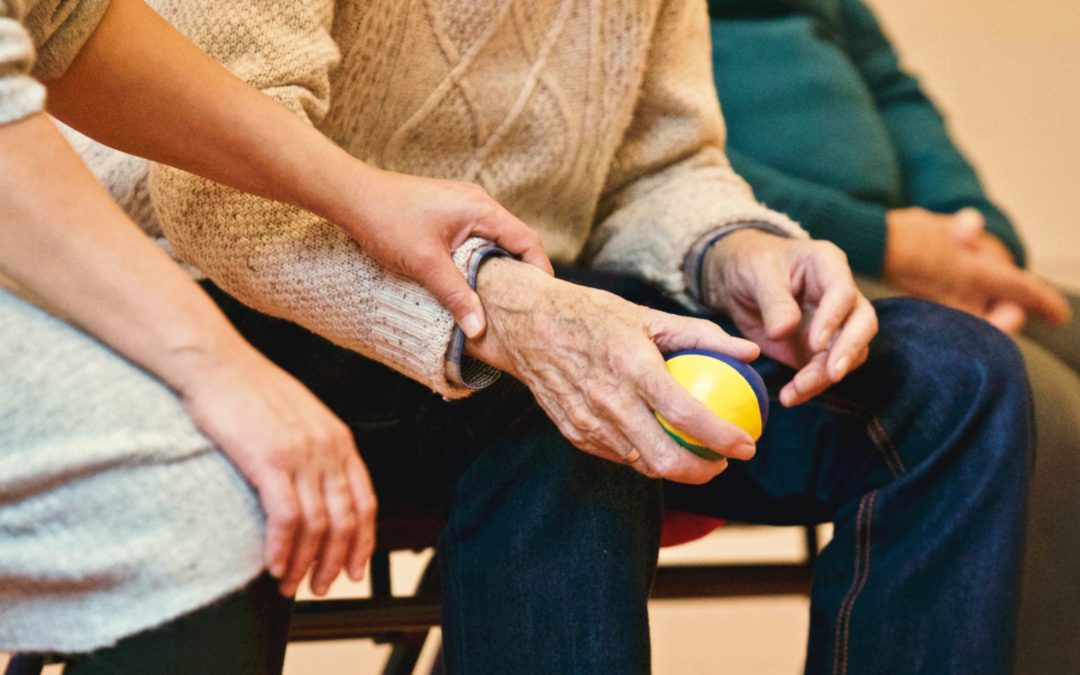Do you have an elderly loved one in your life that you suspect may be at risk of elder abuse?
When our senior citizens are abused, many will attempt to hide it from others out of shame. They may even experience manipulation from their abusers. When dementia is involved, they might not know what is happening. Elder abuse can be physical, emotional, sexual, or financial. It can also take the form of neglect or abandonment.
Here is what you need to know about each type of elder abuse.
Physical Abuse
The signs that your loved one is suffering from physical abuse include:
- Bruises or welts
- Cuts or scrapes
- Burns
- Pressure marks
- Sores
- Head injuries or concussions
- Black eyes
Emotional Abuse
Emotional abuse may not have the physical scars left by physical abuse, but it can be extremely damaging to the person experiencing it. This type of abuse takes the form of someone screaming at, threatening, or otherwise instilling fear in your loved one. The signs of emotional abuse include:
- Isolating themselves or withdrawing from others.
- Being hesitant or unwilling to talk freely.
- Suffering from anxiety, depression, anger, or fear.
- Making up stories about how they were injured, where the stories are implausible.
- Decrease in customary happiness or having mood swings that do not match their normal personality.
When the circumstances of an elderly loved one change, you should note any changes to their overall mood. Emotional abuse could be involved if there is a decrease in their usual mood or a decline in their health or well-being.
Sexual Abuse
If a senior suffers from mental or physical handicaps, their ability to consent to sexual relationships is compromised. Signs of sexual abuse include:
- A sexually transmitted disease comes from an unexplained source.
- Inappropriate relationships between your loved one and a caregiver.
- Bleeding, irritation, or pain in the genitals.
- Bruising in the area surrounding the genitals.
If there are ever any signs of sexual abuse of your beloved elder, you should bring the situation to the attention of authorities as quickly as possible.
Financial Abuse
Financial abuse is the most silent type of abuse because it is not often discovered on time. While it may not directly affect their physical or emotional health, financial abuse at its worst can leave your loved one unable to care for themselves. Signs commonly related to financial abuse include:
- When large sums of money are absent from their bank statements.
- The senior cannot access their financial information.
- When your elder gives gifts or money to people in exchange for their companionship.
- If the senior makes unexplained financial transactions.
Neglect
Neglect can resemble physical or emotional abuse in its symptoms. However, the signs of neglect are due to inadequate care instead of actual physical harm. Signs of neglect include:
- Lack of basic hygiene.
- Not having enough food in the home.
- Being left in bed with no supervision for an extended period.
- Presence of bedsores or ulcers.
- Missing medical aids, such as hearing aids, walkers, medication, eyeglasses, or dentures.
- Living in unsafe living conditions that might include an absence of heat or plumbing, having soiled bedding, or otherwise living in squalor.
Signs That A Caregiver Might Be Abusive
Trusted family members need to keep track of whom is caring for their elders. In too many situations, it is the caregiver who is responsible for the abuse the senior is suffering. Look for these signs of an abusive caregiver:
- Acting indifferent or aggressive towards the elders under their care.
- Giving conflicting accounts of physical injuries occurred while the senior was in their care.
- History of substance abuse, domestic or family violence, criminal activities, or mental illness.
- Not allowing the person to speak with their visitors alone.
- Acting inappropriately when they are around your senior.
If you suspect that an elderly friend or loved one is the victim of elder abuse, you need first to contact the authorities in your area. Next, you should consult with an attorney to see what damages can be recovered for your loved one and what your next steps should be. If you need to schedule a consultation regarding elder abuse, contact us today for a Free Consultation.





